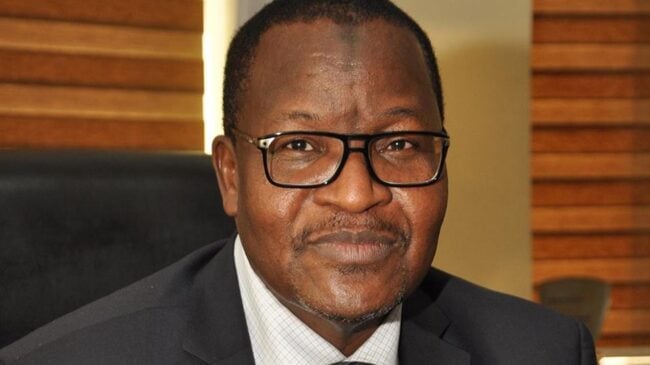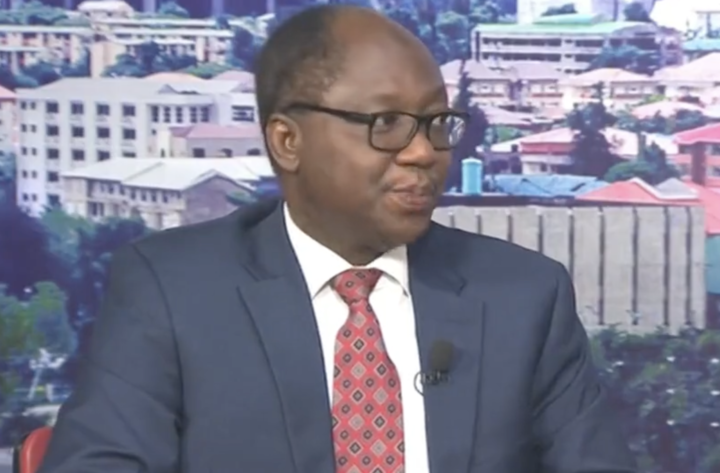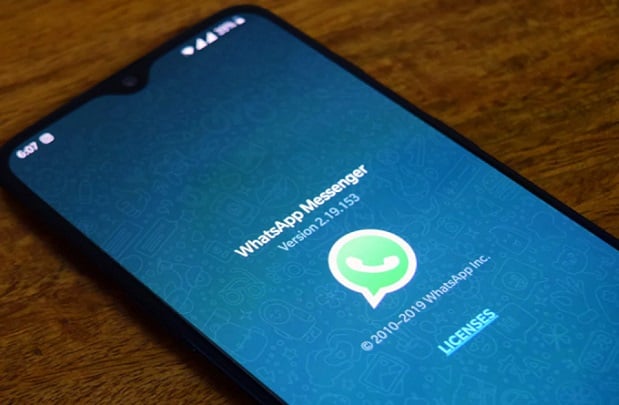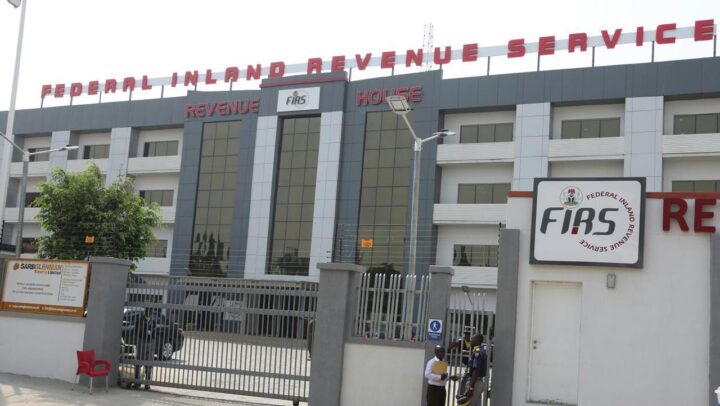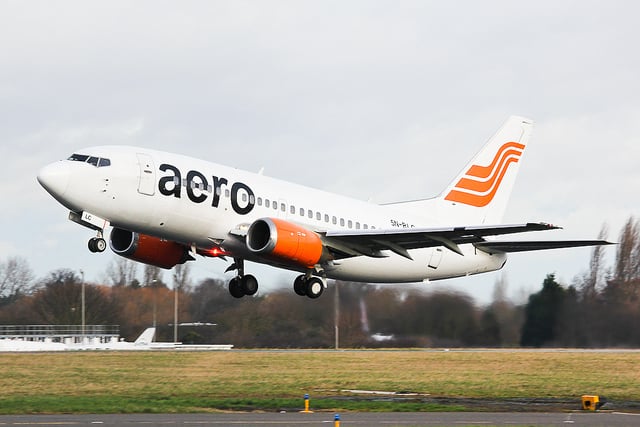Umar Danbatta, executive vice-chairman, Nigerian Communications Commission (NCC), says mobile virtual network operators (MVNO) will serve as useful tools in the deployment of the fifth-generation spectrum (5G).
Danbatta said this at the telecommunications sector sustainability forum (TSSF) organised by Business Remarks in Lagos on Tuesday.
The event was tagged “creating awareness and ensuring the sustainability of MVNO in Nigeria’s 5G ecosystem”.
An MVNO is a company that does not own a mobile spectrum license but sells mobile services under its brand name using the network of a licensed mobile operator.
Advertisement
Speaking at the event, Dabatta said the NCC was committed to improving telecommunications services, especially with the introduction of the MVNO licence and the deployment of 5G.
Danbatta was represented by Muhammed Babajiks, director of licensing and authorisation at NCC.
“The commission has introduced mobile virtual network operators (MVNOs) licences that will generate employment and also bridge the gap between the unserved and the underserved in society. It will also further engender competition and provide choices for telecommunications consumers,” he said.
Advertisement
“The MVNO license is a five-tier classification with distinctive services to be offered by the players in different tiers.
“Tier one is a virtual operator, which relies totally on hosts facilities with restricted tariff control; tier two is simple facilities operator, which owns the intelligent network, and has loose tariff control; tier three is core facilities operator which can negotiate interconnect agreements; has major tariff control, tier four is virtual aggregator/enabler, which performs aggregation and enabling, but only operates in unserved regions; tier five is the unified virtual operator, which has the freedom to operate in the whole segments/tiers.
“Moreover, it is envisaged that the recent roll-out of 5G in Nigeria will ensure more successes in the industry’s economic growth with the hope that it will not only usher an array of improvements in internet connectivity.”
Danbatta urged stakeholders to work together to ensure that operations are conducted within the respective telecommunication licenses, and that service challenges and demands are adequately delivered.
Advertisement
On his part, Yemi Oshodi, chief executive officer, Information Connectivity Solution Limited, said running MVNOs in Nigeria was quite expensive, adding that the government can help by investing.
“MVNO capital is very expensive in Nigeria. So the question is, how does an MVNO make money in Nigeria but even with those low returns, there are still ways to make money,” Oshodi said.
“On partnerships, Nigeria has its peculiar problems. There has to be respected for contractual rights. Nigerians are known to violate contracts quite frequently.
“However, since MVNO capital is so expensive, smaller players are unable to raise funds needed to fund the innovation out there. So basically, we have to wait until the major players invest their money. Then we can come in as MVNOs to ride on whatever investment they have put on the ground by reselling.
Advertisement
“The government can come into play by co-investing. Some people would call it a subsidy. This means when large players get their bills paid in large cities, some of that money is used to subsidise rural areas, and that’s what is done in most parts of the world. We are hoping that it will be done here in Nigeria also.”
Advertisement
Add a comment
